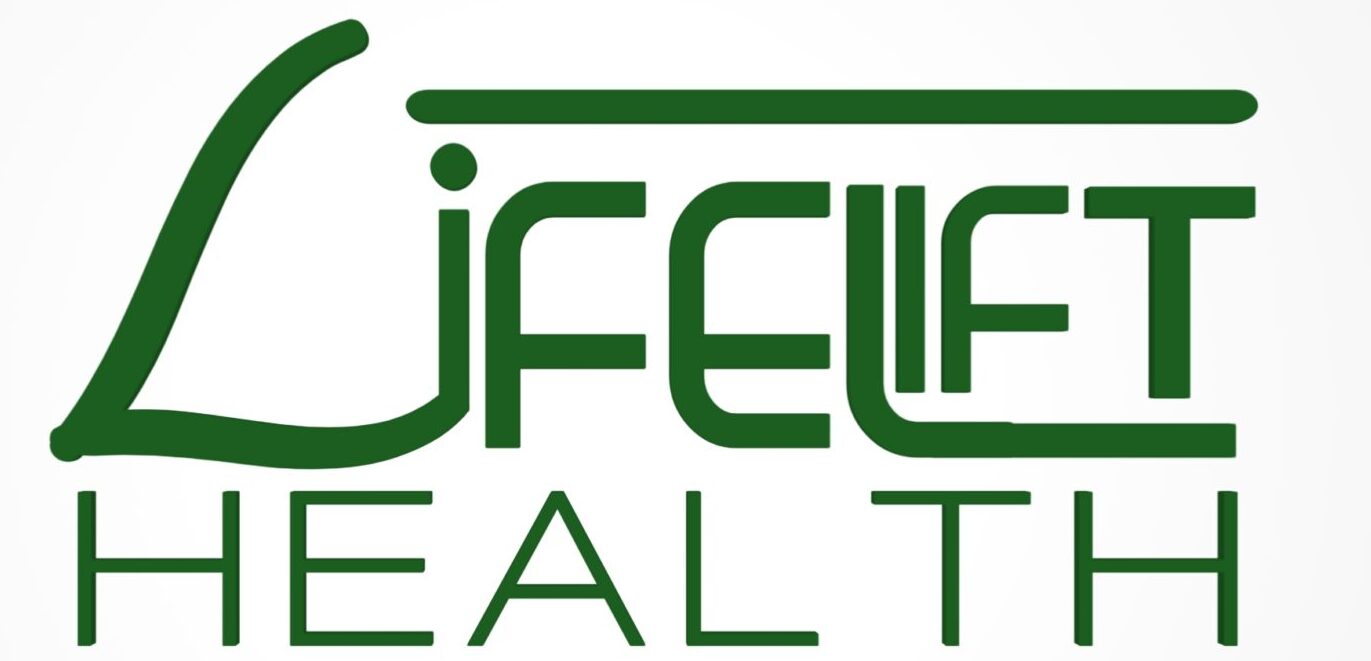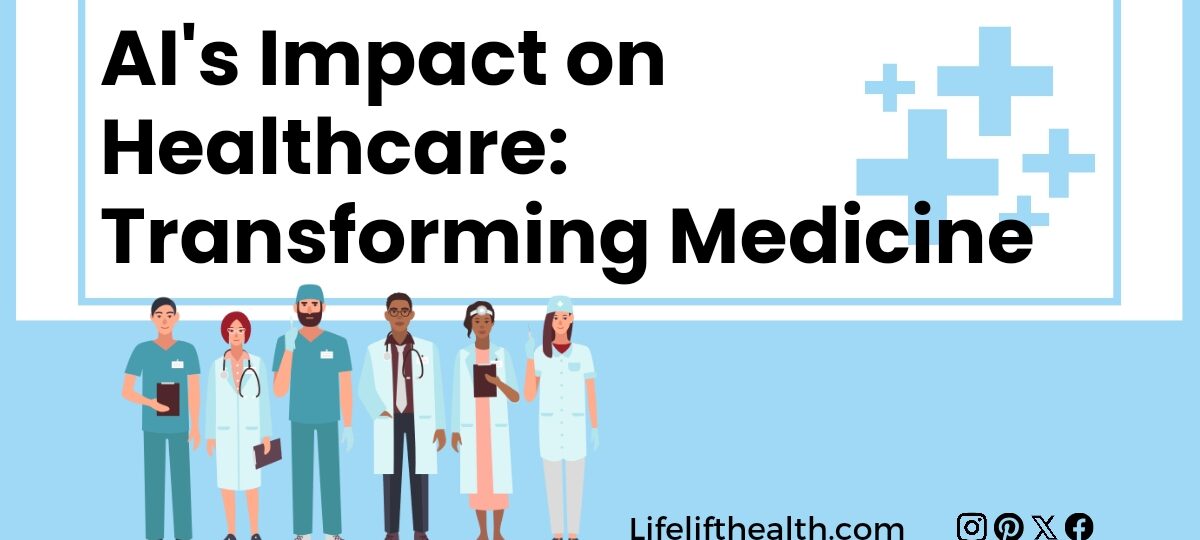AI in Healthcare: Reforming Analysis, Treatment, and Organization for Improved Results and Availability.
Prologue to AI in Healthcare
Lately, AI has gained conspicuousness for its capacity to investigate tremendous measures of information and infer significant bits of knowledge. In medical services, this proselytes into extra exact decisions, altered therapy plans, and chipped away at patient outcomes. Computer based intelligence estimations can deal with complex clinical data, including imaging checks, genetic profiles, and patient records, to help medical services specialists in seeking after informed decisions.
Utilizations of AI in Diagnostics
One of the main commitments of AI to healthcare is in the field of diagnostics. Undeniable level imaging progresses powered by simulated intelligence estimations can perceive subtle abnormalities in clinical pictures, enabling early revelation of sicknesses like illness and cardiovascular conditions. Furthermore, judicious assessment models can take apart persistent data to perceive individuals at risk for encouraging specific afflictions, working with proactive intercessions and preventive consideration.
Treatment Personalization with AI
AI assumes a pivotal part in propelling accuracy medicine, where treatments are tailored to the particular qualities of every patient. By breaking down hereditary, natural, and way of life factors, AI calculations can recognize ideal treatment regimens with higher viability and less antagonistic impacts. Moreover, AI-driven stages speed up the medication disclosure process by reenacting sub-atomic cooperations and foreseeing the restorative capability of new mixtures.
Upgrading Patient Care with AI
Notwithstanding diagnostics and treatment, AI advancements are transforming how healthcare is conveyed to patients. Distant patient checking frameworks furnished with AI sensors empower nonstop following of imperative signs and side effects, enabling people to oversee constant circumstances from the solace of their homes. Also, AI-fueled chatbots act as remote helpers, furnishing patients with customized wellbeing exhortation, prescription updates, and admittance to medical data nonstop.
AI in Healthcare Organization
Past clinical care, AI smoothes out authoritative errands and streamlines healthcare activities. Robotized frameworks for planning arrangements, overseeing electronic wellbeing records, and handling protection claims lessen regulatory weight on healthcare staff, permitting them to zero in more on patient care. AI-controlled examination instruments additionally work with information driven navigation, empowering healthcare associations to allot assets productively and work on by and large proficiency.
Difficulties and Concerns
Regardless of its extraordinary potential, the far and wide reception of AI in healthcare isn’t without challenges. Information protection and security concerns pose a potential threat, as AI calculations depend on huge measures of touchy patient data. Also, moral contemplations emerge in AI-driven dynamic cycles, especially in situations where calculations might show predispositions or need straightforwardness. Addressing these difficulties is essential to guaranteeing the capable and moral execution of AI in healthcare.
Future Standpoint of AI in Healthcare
The future standpoint of AI in healthcare is overflowing with guarantee, ready to reclassify the scene of medicine and healthcare conveyance. Progressions in AI innovation, including AI, natural language handling, and advanced mechanics, are set to reform different parts of healthcare, from diagnostics and treatment to patient care and authoritative assignments. With proceeded with development, AI-driven arrangements will turn out to be progressively complex, empowering healthcare suppliers to convey more customized and exact care to patients. Besides, as AI calculations proceed to gain and adjust from huge measures of information, they will become important instruments for anticipating and forestalling illnesses, enhancing treatment results, and further developing in general healthcare productivity. Furthermore, the combination of AI into wearable gadgets and telemedicine stages will enable patients to play a more proactive job in dealing with their wellbeing and getting to healthcare benefits from a distance. As AI proceeds to develop and penetrate each feature of healthcare, its extraordinary impact is supposed to introduce another period of healthcare conveyance described by further developed results, upgraded patient encounters, and more noteworthy openness to quality care for all.
Natural Language Handling in Healthcare
Natural Language Handling (NLP) has turned into a foundation in healthcare, it is dealt with to change the way medical data. Through NLP innovation, PCs can decipher and produce human language, empowering healthcare suppliers to remove significant experiences from unstructured text information like clinical notes and medical records. This capacity smoothes out processes, taking into consideration more educated independent direction, worked on patient results, and upgraded generally proficiency. NLP calculations investigate electronic wellbeing records (EHRs) to extricate fundamental data like patient socioeconomics, medical history, side effects, determinations, and treatment results. Via computerizing the synopsis and classification of clinical notes, NLP devices furnish healthcare experts with speedy admittance to appropriate data, eventually working on the nature of care gave to patients.
AI in General Wellbeing Reconnaissance and Reaction
AI assumes an essential part in general wellbeing reconnaissance and reaction, changing how sicknesses are checked and made due. With AI-driven reconnaissance frameworks, general wellbeing authorities can follow populace wellbeing patterns and identify illness episodes continuously, taking into consideration quick and designated reactions. Overwhelmingly of information from different sources, for example, electronic wellbeing records, virtual entertainment, and natural sensors, AI calculations can distinguish examples and abnormalities characteristic of potential wellbeing dangers. This proactive methodology empowers early intercession and containment endeavors, limiting the spread of irresistible sicknesses and moderating general wellbeing chances. Moreover, AI improves reaction methodologies by giving opportune bits of knowledge and proposals to asset designation, inoculation campaigns, and general wellbeing informing. By utilizing the force of AI, general wellbeing organizations can really safeguard networks and shield general wellbeing on a worldwide scale.
AI in Medical Research and Clinical Preliminaries
AI is reshaping medical research and upsetting clinical preliminaries, offering uncommon open doors for advancement and disclosure. In medical research, AI calculations dissect huge datasets to reveal designs, recognize potential medication targets, and speed up the improvement of novel treatments. By mining electronic wellbeing records, genomic information, and biomedical writing, AI-driven stages can reveal bits of knowledge that might have in any case remained covered up, prompting leap forwards in figuring out sickness components and treatment viability. Also, AI smoothes out clinical preliminaries by improving patient enlistment, anticipating patient reactions to treatments, and distinguishing biomarkers for patient separation. This facilitates the medication advancement process as well as upgrades the proficiency and cost-adequacy of clinical research. Furthermore, AI-fueled reproductions and virtual models empower researchers to reenact drug communications, foresee antagonistic impacts, and improve preliminary conventions, lessening the dependence on creature models and facilitating the interpretation of preclinical discoveries into clinical practice. Generally, AI holds gigantic commitment for transforming medical research and speeding up the speed of development in healthcare.
Conclusion
In conclusion, man-made reasoning is upsetting the field of healthcare by empowering more precise analyses, customized treatments, and upgraded patient care. While the expected advantages of AI are huge, it is crucial for address difficulties connected with information protection, security, and moral contemplations. By embracing AI capably and cultivating advancement, healthcare suppliers can tackle its maximum capacity to change medicine and work on the existences of patients.

